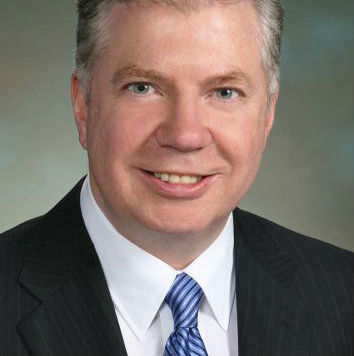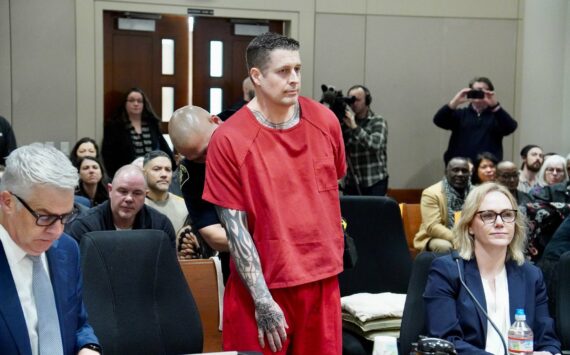Take that, Mike McGinn.
In what appears to be the latest episode of Seattle’s two mayoral candidates jockeying to out-liberal one another, Ed Murray announced Tuesday intentions to lobby for a $15 an hour minimum wage in the Emerald City should he be elected. According to Jim Brunner of the Seattle Times, Murray’s plan would “proceed cautiously and with buy-in from business and labor,” starting with city employees and contractors before targeting big-box stores and fast food chains. Small businesses, Brunner writes, “would be exempt.”
Politically speaking, it’s a deft move. This campaign season has seen incumbent Mike McGinn portraying himself as a champion of the people and working class – waging a battle with a planned non-union Whole Foods in West Seattle because of concerns over pay and benefits, for instance, while painting Murray as Nickels 2.0 – a candidate shamelessly beholden to the corporate interests that have donated to his campaign. As Reid Wilson writes for the Washington Post this morning, McGinn has been “trying to portray Murray as the business-backed candidate in a city where business backing can be more of an albatross than an advantage.”
For Murray, even if nothing tangible ever comes of it, press conferences calling for an increased minimum wage that go after established evils like big-box stores and McD’s will no doubt make McGinn’s case a bit tougher to make. Couple that with the fact that McGinn has been somewhat ambiguous on the minimum-wage front – repeatedly saying he supports “livable wages” while spokesperson Robert Cruickshank told Seattle Weekly in July that “the mayor’s preference is for an increased minimum wage to be resolved at the state level” – and Murray now can make the case to voters that he’s taking the lead on the issue.
(It will be interesting to see how McGinn responds. As Brunner notes in his Times piece, McGinn’s campaign issued a statement Tuesday, now saying: “I support increasing the minimum wage — federal, state local, whatever it takes to get it done.’” The incumbent also challenged Murray’s plan, saying: “Talk is cheap. Taking action is a lot harder.”)
While Murray’s $15 an hour pledge is certainly light on specifics – and, in all likelihood, far more motivated by politics than empathy – there’s a solid chance it will resonate in an election year where economic disparity and the plight of the low-wage worker has become a hot-button issue.
The question for Seattle continues to be: Which super liberal do you want on the 7th floor of City Hall?
And, once they’re there, will they be as concerned about low-wage workers as they appear to be now.








